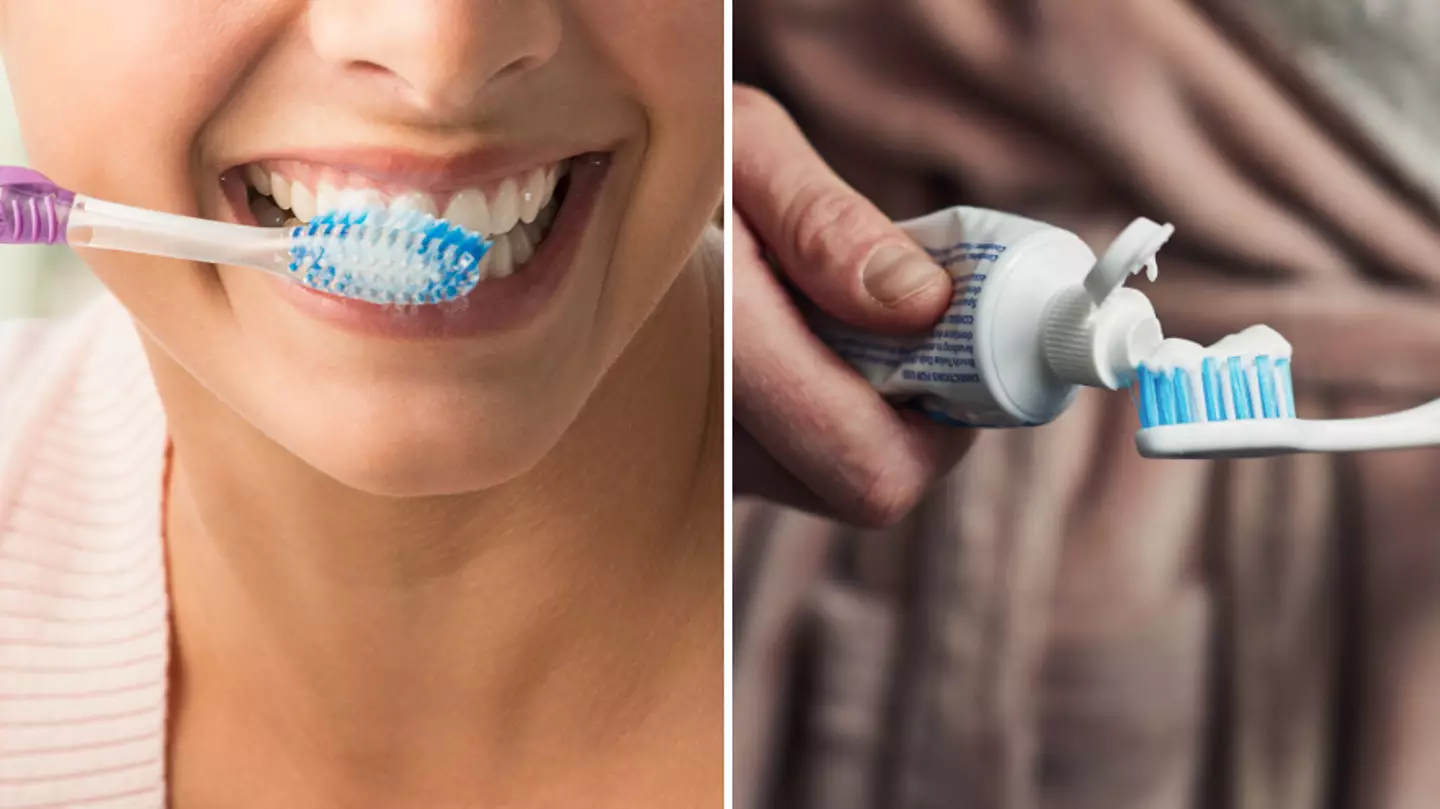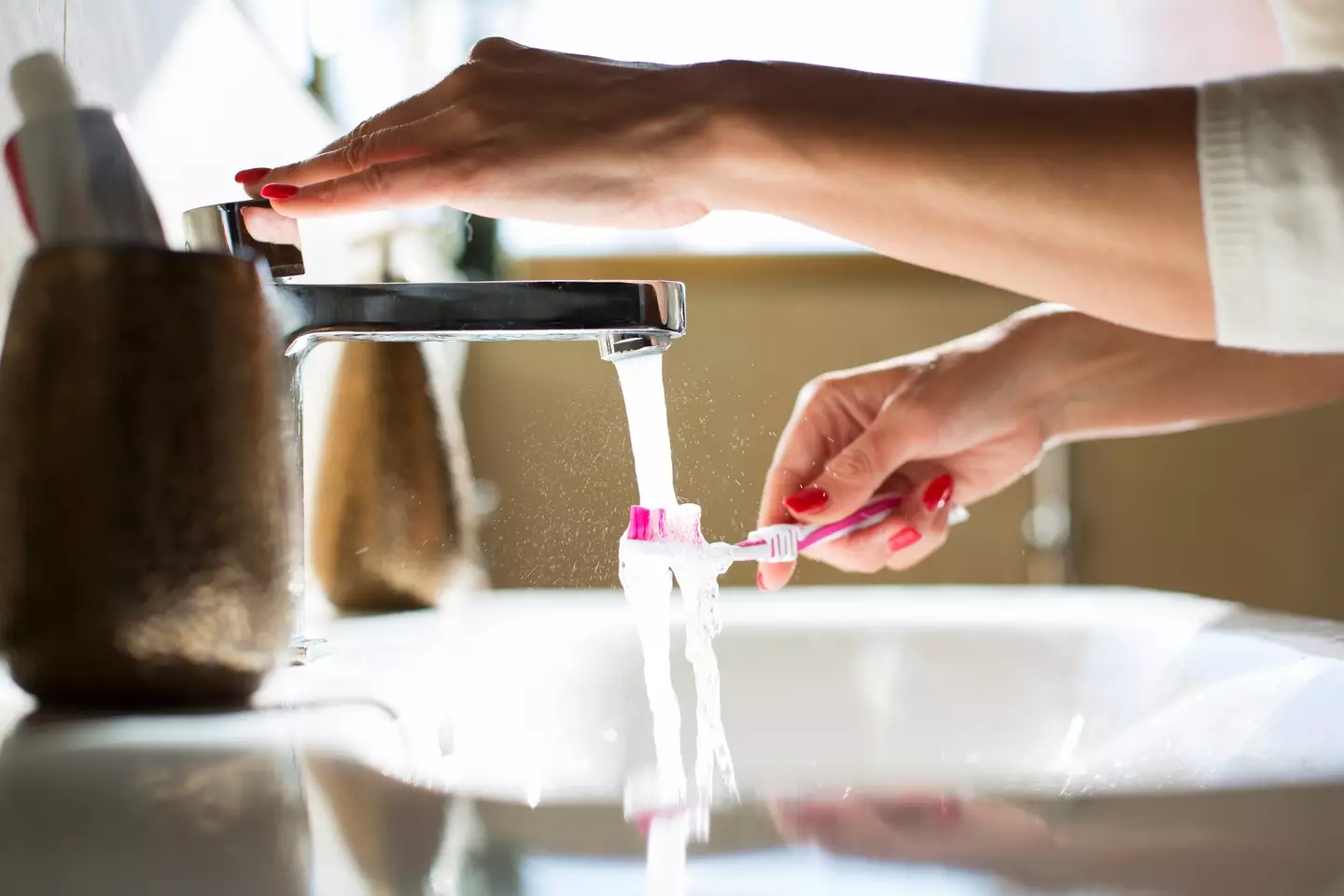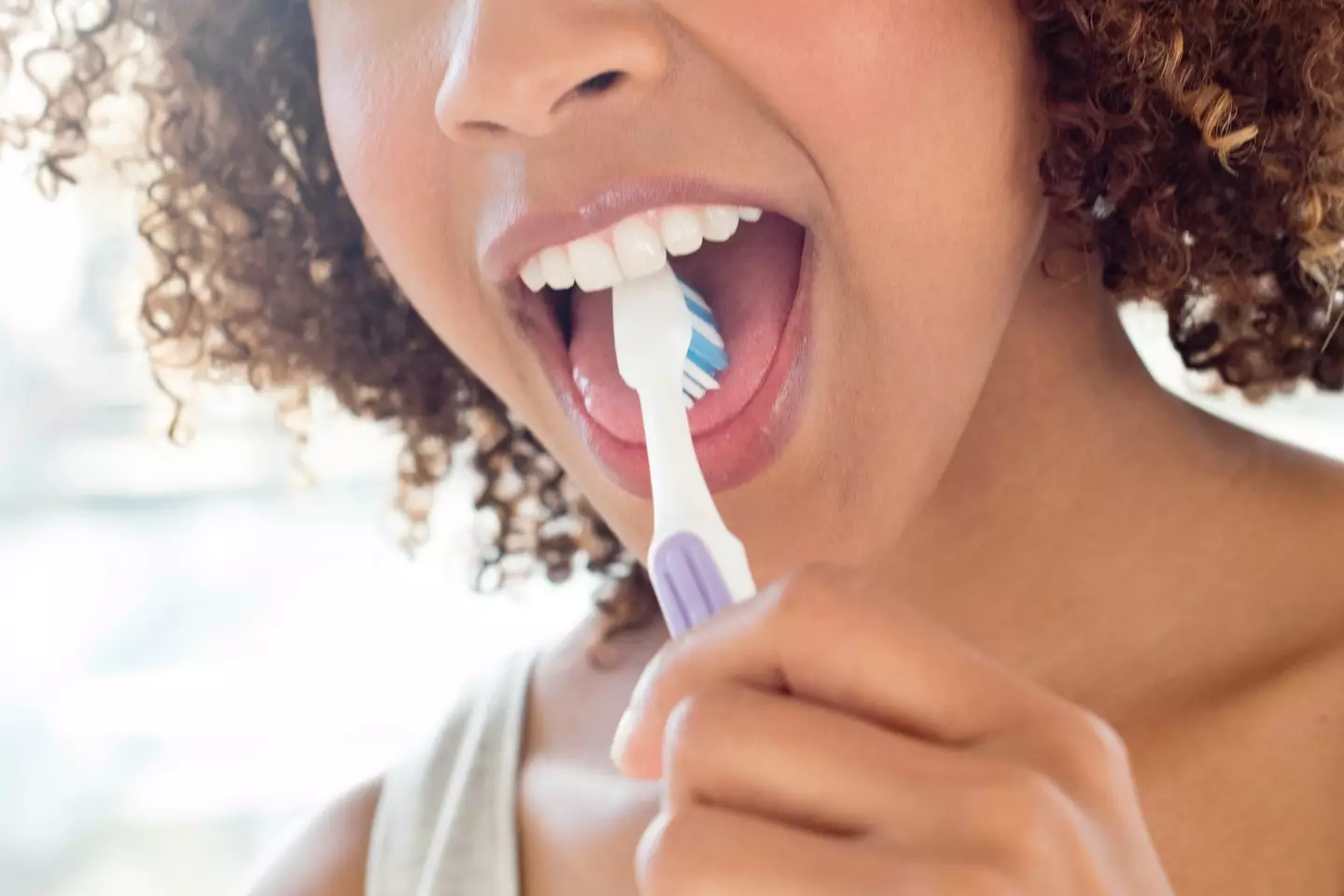
There's nothing quite as humbling as discovering you've been doing an everyday task wrong all this time.
Whether it's discovering you've been showering wrong, or perhaps been washing your hair a little too often, there's always an expert on hand to burst your bubble.
It's always better to be safe than sorry though, especially when it comes to your personal hygiene.
And this time, we're here to let you in on some teeth-brushing wisdom.
Advert

Dr. Ferakh Hamid, who has more than 20 years in the industry and works as head of Aesthetique Dental Care in the UK, has told the Daily Mail about the common mistakes you might be making - and how to best achieve a mouth full of pearly whites.
He stated: "Brushing your teeth in certain ways, like without water or right after eating acidic foods, might actually make them look less white over time.
"Dry brushing might seem good for getting rid of surface stains at first, but without water, toothpaste doesn’t spread well."
Sugary treats we're all partial to, including fizzy drinks or sweets, cause acid erosion, as well as naturally acidic foods such as citrus or tomato.
While we may think that brushing straight after is the right thing to do, this is when our enamel is weakest.
Dr. Hamid explains that by brushing at this time, you may actually reveal the 'yellow layer' underneath.

He also warned that by applying toothpaste straight on to our teeth without enough water is one of the main causes of stained teeth.
Dr. Ezzard Rolle, an assistant professor of dental medicine, echoed Dr. Hamid.
He said: "'We definitely recommend holding off on brushing after consuming anything acidic, whether it's fruit, soda, juice, or sour candy."
Here are some more common tooth-brushing mistakes:
Not brushing for long enough
Life is busy, but we should make brushing our teeth for an adequate amount of time a priority.
The sweet spot in terms of how long we should be taking to brush our teeth is two minutes in the morning, and two minutes at night.
Lead dentist and clinical director of Quest Dental, Payal Bhalla told Metro: "This is because you need to ensure you are brushing each tooth effectively and removing any plaque and food debris, and this can take two minutes if not longer."
Brushing with too much force
Payal said: "‘Brushing too hard can actually cause damage to the enamel to the tooth, wearing it down and may also cause tooth sensitivity or gum issues.
"Brushing hard and with force could also promote receding or bleeding gums."

Not mixing up your pattern
Brushing the same way daily may lead to you missing key areas.
Payal says people should mix it up from time to time, perhaps starting in a different part of the mouth.
"You may have to start focusing on your brushing, but this will ensure that the teeth are being cleaned properly and no areas are missing out", she explained.
Don't forget the tongue - or your cheeks
Neglecting to brush your tongue and cheeks, where bacteria thrives, can lead to bad breath and a build-up of plaque.
Lead dentist and clinical director for Ollie and Darsh Liverpool, Dr. Daz Singh, told Metro: "Regular brushing helps remove plaque, preventing it from hardening into tartar, which can lead to gum disease and cavities.
"Neglecting the inner cheeks while brushing might lead to the buildup of plaque along the gum line. This can contribute to gum inflammation and, over time, may lead to more serious conditions such as gingivitis or periodontitis."